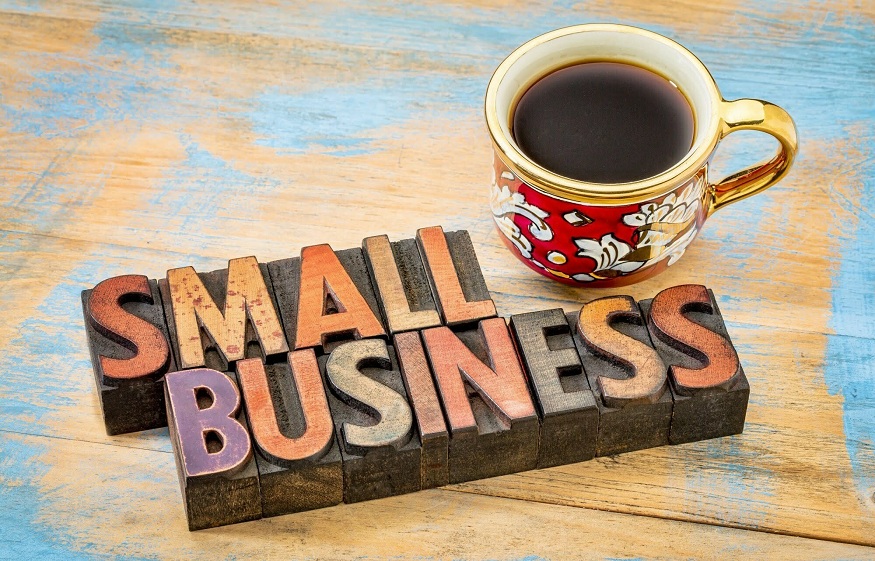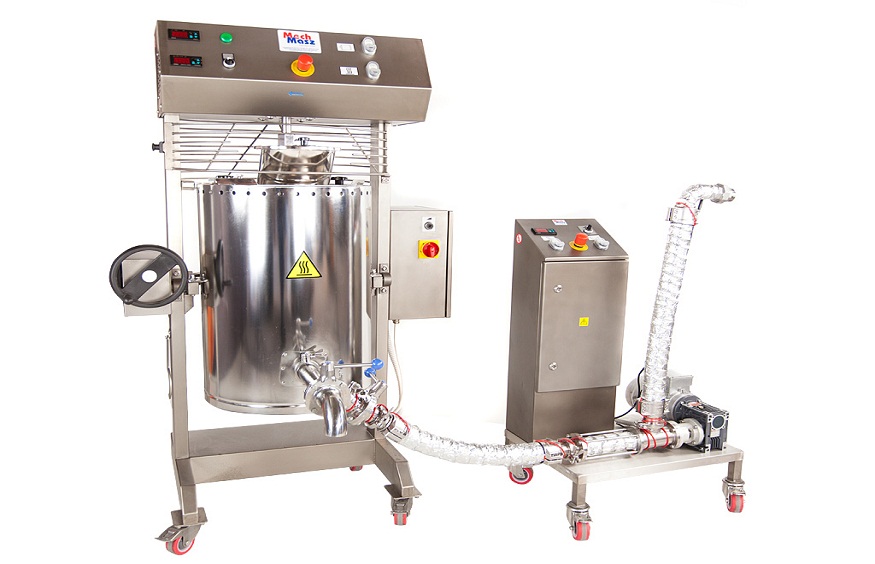To come up with a business idea, you can take a methodical approach based on techniques that have proven successful for other entrepreneurs. Whether you want to start a side business with a very small investment or are going all out with your new concept, the best way to find a product to sell is to start by asking yourself the following questions:
What is the size of the potential opportunity?
Too often, entrepreneurs ignore small markets. Certainly, the size of the market should be appropriate to your business ambitions, but the opportunity for a specific niche is not just about the size of the market. For example, if a product category has relatively few active customers, but the price of the products is quite high and regular purchases are necessary, this is still an attractive opportunity. This is called targeting a niche market. Entrepreneurs focused on market size might miss out.
That said, customer acquisition costs are quite high these days. The markets that represent the best opportunities are those where you can encourage recurring purchases, whether as a subscription or by (eventually) up-selling or cross-selling complementary products. All of these points can be developed later, but keep them in mind during your preliminary work.
The future development of a market is more important than its current state. If you want to build a sustainable business, you not only need to understand current demand, but also be able to predict how it will evolve in the future. Is your product or niche a passing fad, a trend, a stable market or a booming industry?
Passing mode. A passing fad gains popularity very quickly over a short period of time, then disappears just as quickly as it appeared. A fling like this can be very lucrative if you enter the market at the right time, and exit in time, but the timing is very difficult to predict.
Tendency. A trend is a longer-term market direction for a product. It doesn’t grow as quickly as a passing fad, it lasts longer, and it usually doesn’t fall off as sharply.
Steady. A stable market is immune to abrupt changes. It has no major increase or decrease, and remains constant over long periods.
Expanding. A booming market is experiencing steady growth and shows signs of permanent or long-term development.
What is the competitive landscape?
Who are the competitors in your market? How many are they ? If many companies are competing, it is a sign that the market is well established and that a strong demand exists. However, this also means that you will have to find a way to stand out from the competition (to some extent) in order to grab customers’ attention and secure market share.
Get your SWOT analysis template for free. Using this matrix, ensure the sustainability of your business by identifying your strengths, weaknesses, opportunities and threats.
Are there any restrictions or regulations to consider?
Before committing, take the time to understand any regulations or restrictions that apply. Certain chemical, food or cosmetic products may be subject to restrictions, not only in the country in which you import your goods, but also in the countries to which you will ship them.
So, the question of how to start a business should start with researching the regulations regarding your market business.
If you create an e-commerce business , there are consumer information obligations specific to e-commerce to respect, relating to withdrawal or delivery deadlines for example.
Another example is the food sector, which is governed by numerous regulations. So if you start your activity in this field, make sure you are familiar with the legal framework relating to the labeling of foodstuffs which must contain mandatory information.
Choose the name of your company
What should your business name convey? It represents all facets of your marketing, it is present wherever you are. Getting good word-of-mouth is hard enough, without making it difficult for yourself with a dull, complicated, or unsuitable name.
However, nothing is set in stone when you start your business. Whatever name you choose at the very beginning, you can still change it in the early stages. Get to the point: Find a brand name that clearly explains what you do, is short and memorable, and reflects your mission statement and vision. It’s not an easy task, but let your creativity run free and you’ll find a satisfying name.
Business name generators can give you a few ideas, and then the rest is up to you. If you’re starting from scratch, there are some proven practices that can point you in the right direction.
Short and simple. If you have already told several people about your project and they have asked you to repeat the name, it is because it is too complicated. Customers should not have to make any effort to retain it. The ideal is to use only one or two words, although three or four words forming a clear sentence can also be appropriate (for example, Morphée, La Pelucherie).
Different. If you have found during your market research that all your competitors have similar names or are based on similar elements, avoid these commonplaces and orient yourself in a completely different direction. Many brands underestimate the power of originality in marketing. You can also add the name of your product, to mix personality and clarity (for example, Shanty Biscuits, Parisian Confiture).
Original. You must check that the name you have chosen is not used by another company, especially not a competitor. Do a free trademark search in the countries where you will market your products, and also check Google search and social media. You should also verify URLs: do a domain name search or query the WHOIS database before registering your business. If you are in any doubt, it is best to consult an independent legal adviser for personalized advice.
Validate your product idea
As long as no one has bought your product or service, you can only rely on assumptions. Market research , surveys, and the opinions of your loved ones can point you in the right direction, but your product won’t be truly validated until customers have paid for it. The best way to validate your product is therefore undoubtedly to make sales.
There are, however, several ways to validate your budding ideas during the development phase. Most future entrepreneurs focus on one essential action: the purchase commitment. Get early customers to engage in some way, to prove that your product really interests buyers (and that they don’t just tell you they’re interested to please you).





